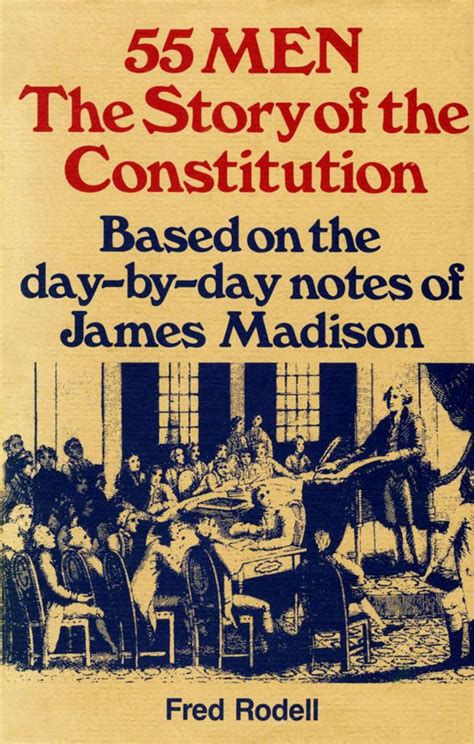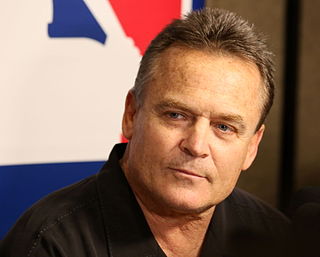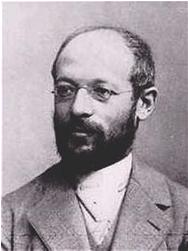A Quote by John Stuart Mill
Political Economy as a branch of science is extremely modern; but the subject with which its enquiries are conversant has in all ages necessarily constituted one of the chief practical interests of mankind.
Related Quotes
It is a mistake to think of these men as visionary dreamers, playing around at Philadelphia with abstract conceptions of political theory, pulling a whole scheme of government out of the air like a rabbit out of a hat. True, many of them had read and studied enough about the science of politics to put the average statesman of today to shame. But political science was to them an extremely practical topic of discussion, dealing with the extremely practical business of running a government--not, as today, a branch of higher learning reserved for the use of graduate students.
The science, the art, the jurisprudence, the chief political and social theories, of the modern world have grown out of Greece and Rome-not by favour of, but in the teeth of, the fundamental teachings of early Christianity, to which science, art, and any serious occupation with the things of this world were alike despicable.
Good and wise men, in all ages, have embraced a very dissimilar theory. They have supposed that the deity, from the relations we stand in to himself and to each other, has constituted an eternal and immutable law, which is indispensably obligatory upon all mankind, prior to any human institution whatever. This is what is called the law of nature....Upon this law depend the natural rights of mankind.
We electors have an important constitutional power placed in our hands: we have a check upon two branches of the legislature, as each branch has upon the other two; the power I mean of electing at stated periods, one branch, which branch has the power of electing another. It becomes necessary to every subject then, to be in some degree a statesman: and to examine and judge for himself of the tendencies of political principles and measures.
The life and soul of science is its practical application, and just as the great advances in mathematics have been made through the desire of discovering the solution of problems which were of a highly practical kind in mathematical science, so in physical science many of the greatest advances that have been made from the beginning of the world to the present time have been made in the earnest desire to turn the knowledge of the properties of matter to some purpose useful to mankind.
Modern economics is sick. Economics has increasingly become an intellectual game played for its own sake and not for its practical consequences for understanding the economic world. Economists have converted the subject into a sort of social mathematics in which analytical rigour is everything and practical relevance is nothing.
The calculative exactness of practical life which the money economy has brought about corresponds to the ideal of natural science: to transform the world by mathematical formulas. Only money economy has filled the days of so many people with weighing, calculating, with numerical determinations, with a reduction of qualitative values to quantitative ones.








































